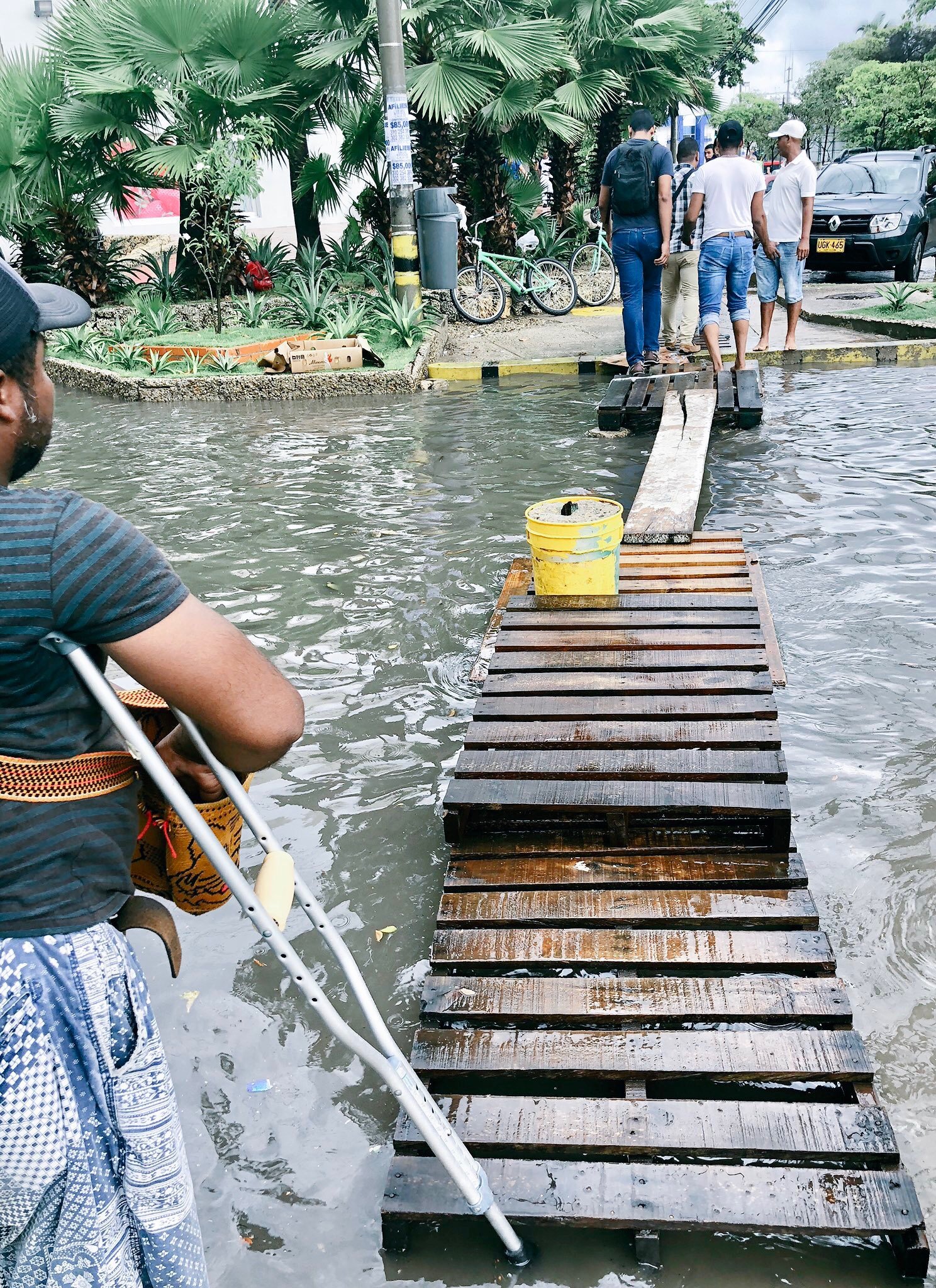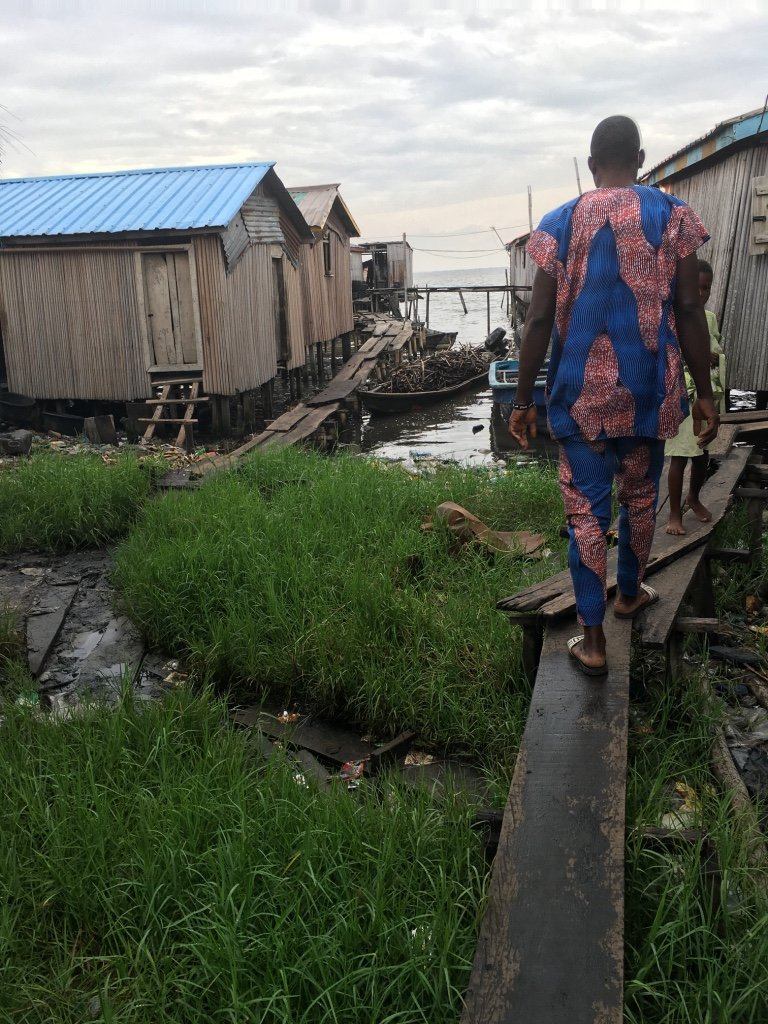Everyday Adaptation
Much of my research investigates how the changing climate spurs adaptations in people’s decisions such as the jobs they choose, the places where they live, or how they make material investments. At the micro-level, I find everyday adaptations to be the precedent to and an alternative for climate change migration that are differentially available to those with differing levels of social and economic resources. Unmanaged adaptation is a social process, shaped by people’s risk perceptions, resources, and overall resilience to adjust their lives to new climate conditions. I study the social process of micro-level, community, and institutional adaptation to climate change.
Climate Change Migration + Mobility
Climate change requires us to upend traditional ways of thinking about and studying migration. I research migration in the context of climate change through longitudinal, qualitative analyses of migrations in response to slow-onset climate stressors. I also research different forms of mobility in the context of climate change and how freedom of localized movement supports living with climate change impacts.
Land Tenure and Displacement
One way that I study the uneven social impacts of climate change is through the lens of land rights and displacement. Displacement impacts indigenous and socioeconomically vulnerable groups at higher rates. Though disaster displacement receives much attention in climate change scholarship and environmental sociology, I focus on displacement related to land tenure and the shifting land- and resource-scapes expediated by climate change. I have examined forms of displacement from communal land titling in Colombia, to land tenure in the climate crisis in post-conflict contexts, forced eviction in urban environments, and cases of displacement through land subsidence.
CLIMA Labs
CLIMA Labs (Climate Change Migration and Adaptation Labs) is a research initiative led by Professor Brianna Castro at Vanderbilt University. The lab focuses on understanding global climate migration policies, particularly developing and implementing climate migration visas. With a diverse team of researchers, CLIMA Labs aims to evaluate visa proposals from countries across various regions, examining how these nations define and address climate-related displacement and migration.
The lab's work includes in-depth case studies, policy memos, and public-facing reports that analyze the visa processes of countries and the politics surrounding these efforts. Current research areas include Mainland Western Europe, Scandinavia, the U.S., Canada, and Sub-Saharan Africa. CLIMA Labs produces resources for policymakers, organizations, and cities, including adaptation and disaster preparedness tools.
CLIMA Labs also welcomes new student researchers and offers opportunities for collaborative learning. They seek to shape practical policy solutions for managing climate-induced migration globally through their work.


